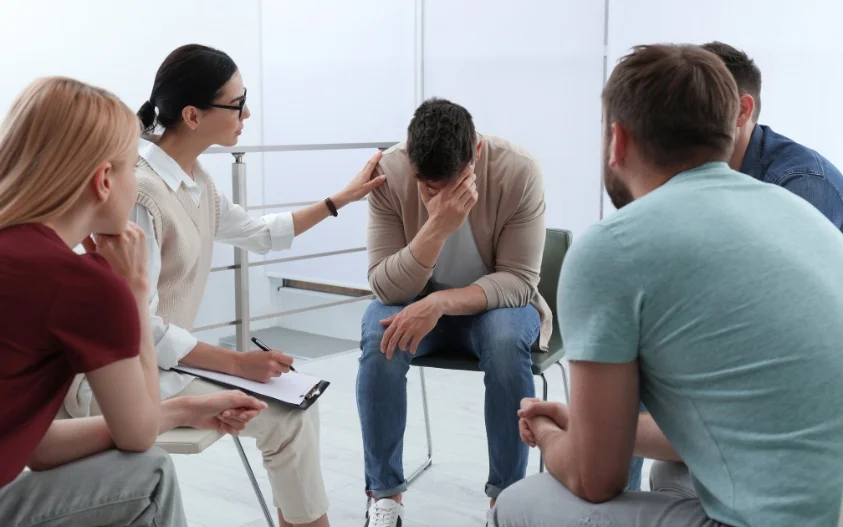24/7 Helpline:
(866) 899-221924/7 Helpline:
(866) 899-2219
Learn more about PTSD Treatment centers in Grandy

Other Insurance Options

Molina Healthcare

Covered California

Meritain

PHCS Network

Coventry Health Care

Anthem

Magellan Health

Aetna

Cigna

BlueCross

Self-pay options

Amerigroup

Health Net

Optum

United Health Care
Beacon

Magellan

Group Health Incorporated

Premera

Lucent














